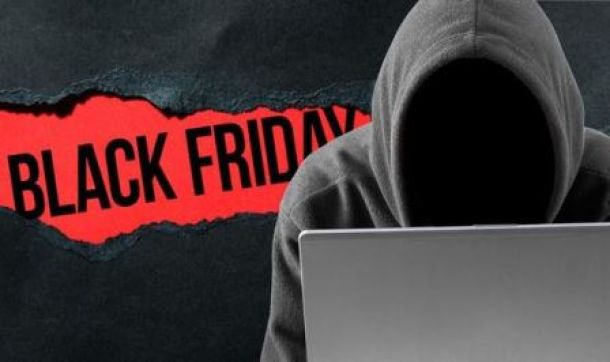Beware new infrastructure law
If you’re caught damaging water pipes, power cables or state infrastructure from 1st June 2016, expect to spend years in jail.
Tough new laws on infrastructure damage are about to take effect.
This week, President Jacob Zuma and Justice Minister Michael Masutha proclaimed the date for the commencement of the Criminal Matters Amendment Act.
This is the update to the Criminal Procedure Act that makes it harder to get bail for offences arising from damage and theft of essential infrastructure, such as cable theft, as it requires a court to decide on bail and not the police.
It creates a new offence relating to essential infrastructure and sets discretionary minimum sentences for this.
Essential infrastructure now means “any installation, structure, facility or system, whether publicly or privately owned, the loss or damage of, or the tampering with, which may interfere with the provision or distribution of a basic service to the public”.
The new offence means that anyone who unlawfully and intentionally “tampers with, damages or destroys essential infrastructure”, or “colludes with or assists another person” to do that and “who knows or ought reasonably to have known or suspected that it is essential infrastructure” can be jailed for up to 30 years.
In the case of a corporate body, it can be fined up to R100 million.
Minimum sentences are three years for first offenders, five years for second offenders and seven years for third-time offenders.
Cases involving organised crime get heavier minimum sentences, ranging from 15 years for first offenders to 25 years for repeaters.
The new law is aimed at dealing with the problem of offences which may in themselves seem relatively minor - such as stealing a few hundred metres of cable - and thus resulted in minor sentences after convictions for malicious damage to property. However, those incidents often cause much greater economic or other damage due to the loss of essential services.
“Essential infrastructure-related offences are becoming increasingly more organised and are often committed by armed and dangerous criminal groups,” said the Department of Justice when the law was first proposed.
News Category
- International retailers
- On the move
- Awards and achievements
- Legislation
- Wine and liquor
- Africa
- Going green
- Supplier news
- Research tools
- Retailer trading results
- Supply chain
- Innovation and technology
- Economic factors
- Crime and security
- Store Openings
- Marketing and Promotions
- Social Responsibility
- Brand Press Office
Related Articles

Steps to stop shoplifting in your business

Beware of scam artists during the festive seaso...

Shoprite crackdown: Criminals get 24 life sente...

Top scams to watch out for as you enjoy this ye...


